The electric car is Made in China, Here because. Let’s start here. The Parliament Europeanwith a law by 2035 bans the sale of petrol or diesel cars from 2035.
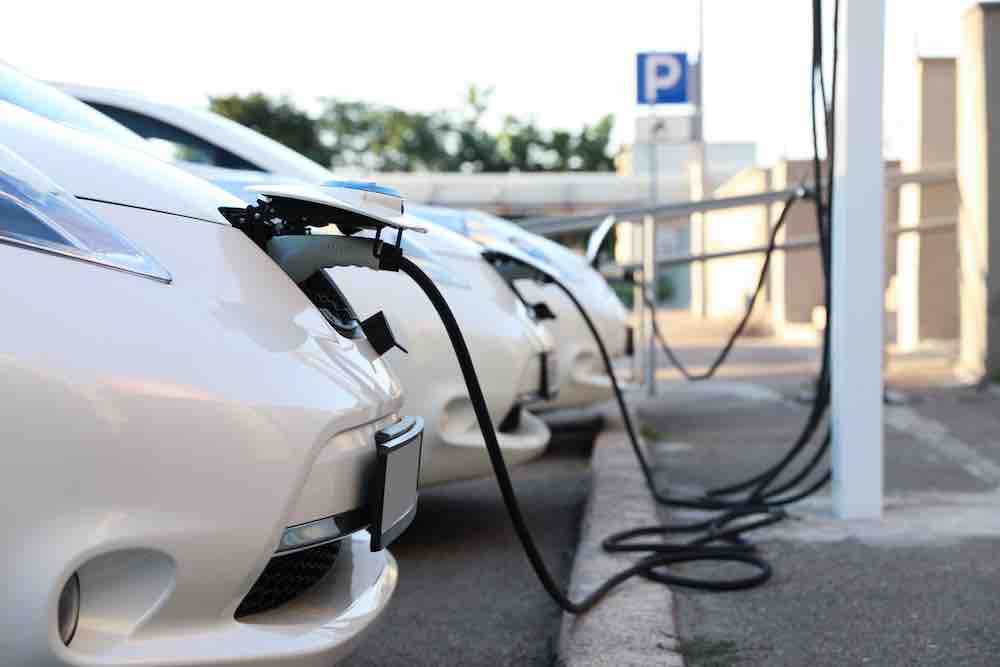 That’s why the electric car is Made in China, source Depositphoto
That’s why the electric car is Made in China, source Depositphoto
The electric car, a competition to see who arrives first in investments
The investments by companies from around the worldautomotive and not only. Especially for those USamount to a total of 210 billion dollars.
The administration of President Joe Biden proposes a plan by 2032. Where about two-thirds of cars sold in the United States are all-electric.
The initiative is part of a larger project. L’objective And reduce by 2030 the Polluting emissions of the 55% compared to 1990 levels. To this end, carbon neutrality should be achieved by 2050.
This results in a zero balance of carbon dioxide released into the atmosphere.
The electric car is Made in China, that’s why
As the New York Times recently reported, in the transition not only the Chinese has a key role. But it is the nation that holds the record for the production of electric vehicles.
In numbers, China earns this position thanks to the high number of active factories, companies and startups. Site both in the extraction of so-called rare earths and in the training of engineers and technicians for the sector. Again according to the New York Times, “the rest of the world could take decades to make up for lost time”.
Chinese investment in rare earths
In 2012 the Chinese is found at invest in terre rare. And the European Union, Japan and the United States requested the opening of proceedings against China at the World Trade Organization. We specify, by rare earths we mean i 15 mineralswhich are indispensable for the production of many ptechnological products. From smartphones to photovoltaic panels, as well as electric motors.
Two years later, the institution took a stand against China, accusing it of excessively limiting their exports. Since then, searches for new deposits of rare earths have intensified all over the world: the largest deposit in Europe was recently found in Sweden, while the United States has since focused on the Mountain Pass mine in California, from which today about 15% of global rare earths are mined.
Buy with Revolut, your online account directly from your home. Find out more.
Africa is rich in rare earths
So it is no coincidence that China has long been investing in the extraction of rare earths even outside its borders, especially in Africa, where it has built deep trade relations with many countries. According to theObserver Research Foundation (ORF), an Indian study center, comes from the Democratic Republic of the Congo 70% of the cobalt in the world.
Above all, thanks to this influence of his. Also according to the New York Times, China will continue to produce “twice as many batteries as all other nations combined”, at least until 2030.
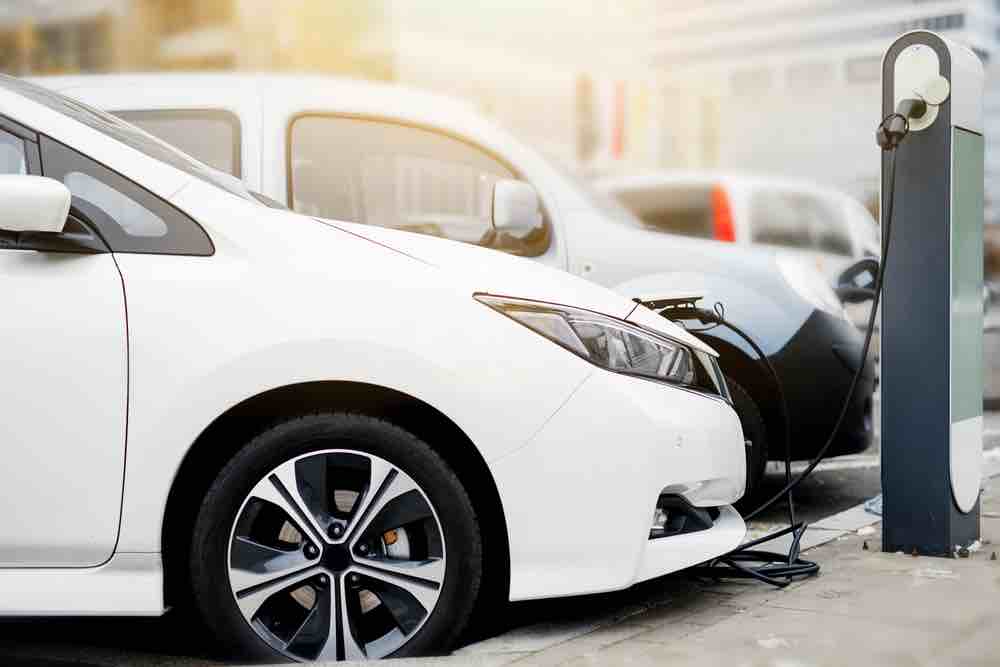 That’s why the electric car is Made in China, source Depositphoto
That’s why the electric car is Made in China, source Depositphoto
The processing of the nickelof which the China controls 63% from the global supply chainfor example, generates toxic waste whose treatment is particularly expensive, especially for western countries where environmental standards are stricter.
China is the largest battery producer in the world
Over the years the Chinese has also built a system of distribution centers, logistics, industries e refinery which is almost impossible to reproduce elsewhere. Among the reasons for this systemic difficulty are the timing – it takes two to five years to build a refinery of this type – but also the presence of a network of factories, laboratories and companies that have created a unique production system in the world consumer electronics manufacturing.
The China is the largest battery producer. Furthermore, it controls a large part of the ‘supply chain’.
Il most important component of batteries is the cathodeil positive polewhich is the most complex and energy-intensive to produce.
Chinese companies have invested in an alternative type of cathode, more efficient and cheaper, in which lithium, iron and phosphate (from whose chemical symbols derives the acronym with which it is called, LFP) are used. Batteries of this type are successfully replacing those with nickel-manganese-cobalt (NMC) based cathodes.
To date, only 1% of global cathodes are produced in the United States, all of the NMC type, now considered obsolete compared to LFP. As for Europe, the first factory capable of producing batteries with LFP cathodes was inaugurated last April in Serbia. At the end of May, Automotive Cells Company, a company co-financed by the Stellantis, Saft-TotalEnergies and Mercedes-Benz groups, opened the first plant specialized in batteries for electric cars in France. Two more are planned, which will be built in Germany (Kaiserslautern) and Italy (Termoli), and will begin production between 2025 and 2026.
Who is behind China’s electric transition
The appointment to the Ministry of Science and Technology of Wan Gang, an engineer who had worked for about ten years for the German brand Audi. Gang was an early proponent of electric vehicles, so much so that he tested Tesla’s first model in 2008, the year it was released.
Since his appointment, explains Technology Review, the development of electric vehicles has always had priority in Chinese economic planning.
The results of these economic and industrial policies show up in China’s sales data. According to an estimate by the research firm Counterpoint, sales of electric cars in the country increased by 87% during 2022: one out of four new cars sold in China today is electric. Confirming Chinese dominance of the sector, local brands control 81% of the electricity market. These producers, still little known in the West, are able to largely exceed the sales of Western companies such as Tesla, which is the main brand in the electric field in Europe and the United States. Among the Chinese companies operating in the electrical sector there are BYD (the largest), Wuling, Chery, Changan e GACbut also recently founded startups such as Nio, Xpeng, Neta, AITO, IM Motors e Zeekri.
China’s advantage is so evident and remarkable that it prompted the New York Times to ask whether it is still possible for a Western company to build an electric car without having relations with the country. Scott Kennedy, a consultant to the Washington-based Center for Strategic and International Studies, said he was skeptical about the matter, arguing it was impossible to succeed in the field “without some kind of cooperation, both indirect and direct, with China.”






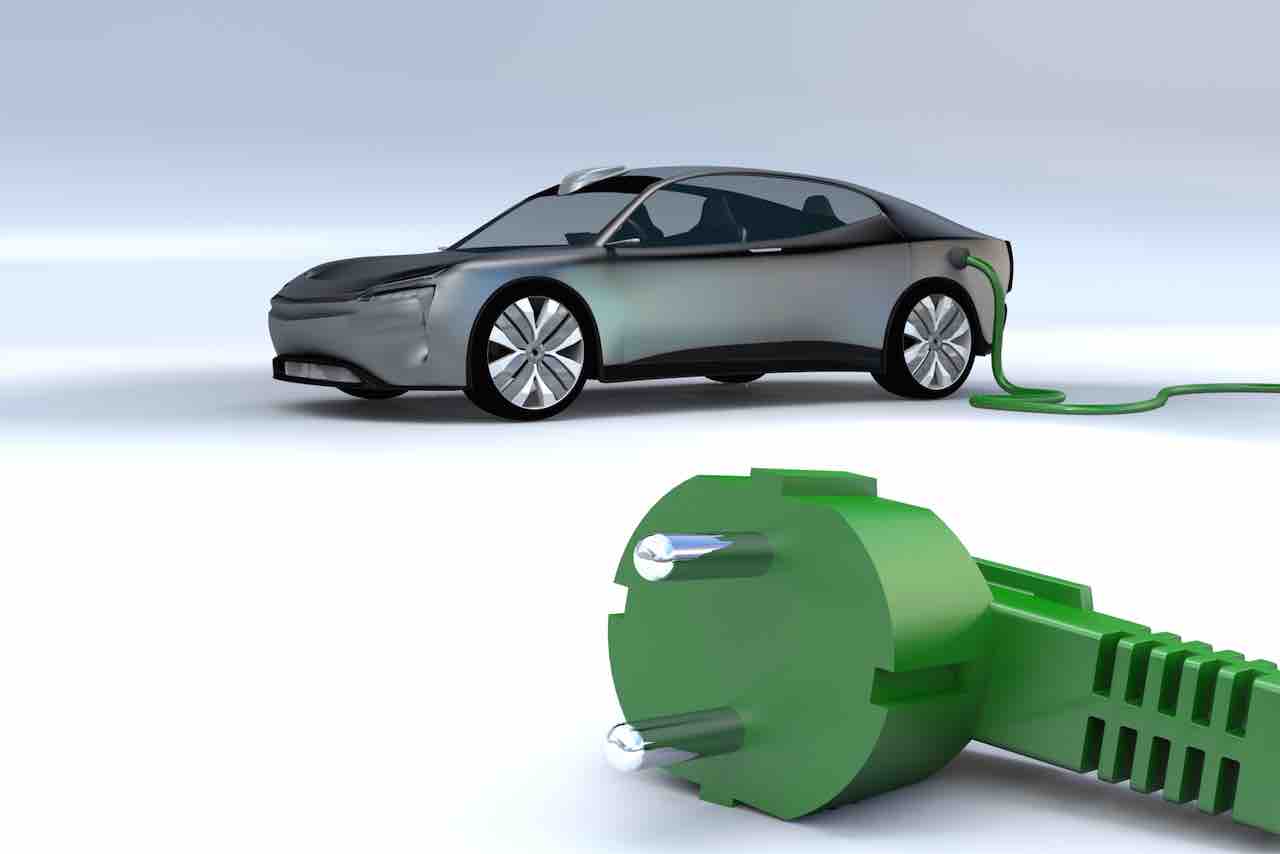





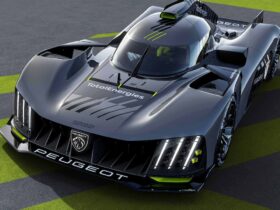
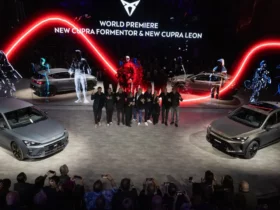


Leave a Reply
View Comments